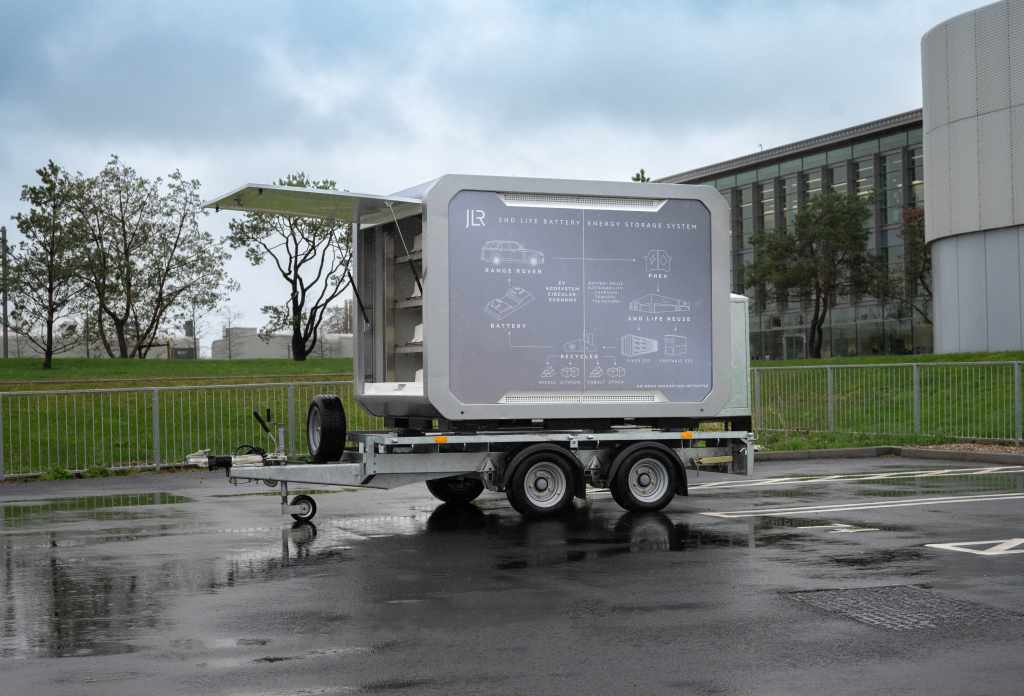
Back in the day when MARii was known as the Malaysia Automotive Institute (MAI), the agency worked on various initiatives to enhance the entire automotive value chain, from local assemblers, parts and components manufacturers, sales and aftersales – including the capabilities of the talents that reside within these businesses.
Under the previous iteration of the National Automotive Policy, MAI developed various human capital development programmes at all levels of the workforce, creating job and career advancement opportunities at the production floor, executive, engineering and even managerial and top executive levels. These programmes the Industry Led Professional Certificate (IPC), Automotive Industry Certification in Engineering (AICE), Design Engineering & Prototyping (DEP) and the CEO Growth Mindset Programme (COGMP).
As the industry progressed from there, our studies showed a key development in the digitalisation of the automotive industry, which indicated that the sector was transitioning towards connected mobility.
Connected mobility generally refers to the notion of intelligent, connected transportation, that reimagines the utility of vehicles with the emergence of new drivetrain (the “engine”) and driving technologies (the “driver”).
With connectivity at the heart of this transition, technologies such as manufacturing execution systems, telematics, high performance cloud computing, big data management, intelligent city management and many digital technologies were developed within MARii’s walls.
As trends developed towards the fourth industrial revolution, MAI also deployed numerous technologies to ensure industry access to technologies such as additive manufacturing, simulations, big data analytics, augmented reality, cloud computing and others – which was not accessible due to its high investment.
How well do you really know your competitors?
Access the most comprehensive Company Profiles on the market, powered by GlobalData. Save hours of research. Gain competitive edge.

Thank you!
Your download email will arrive shortly
Not ready to buy yet? Download a free sample
We are confident about the unique quality of our Company Profiles. However, we want you to make the most beneficial decision for your business, so we offer a free sample that you can download by submitting the below form
By GlobalDataHistorically speaking, the automotive industry has always been a key sector to industrialise a nation, and through the technologies mentioned to develop the industry in Malaysia, we came to an important realisation – that the technologies within MAI had the potential to develop more industries beyond the automotive realm.
In 2018, MAI was renamed the Malaysia Automotive, Robotics and IoT Institute – placing a larger scope for the agency to develop technology within more sectors, parallel with the direction of Connected Mobility – which later became the foundation of the National Automotive Policy 2020.
MARii embarked to expand the utility of its technology acquisitions to enhance new sectors it previously had not covered, in areas where intelligent data driven systems become key components even for traditional industries – such as smart farming, data driven health management, connected city management, smart railways, smart education and many more.
The readily available systems within the agency, that were initially developed for the automotive sector, was also made available for more sectors. Technologies such as the MITP (MARii Intelligent Technology Platform), ERP (Enterprise Resource Planning), MARii Tracker and the COVID-19 Intelligent Management System (CIMS) – emerged from the same infrastructure mentioned above.
As we begin to a see glimmers of the end for the looming pandemic, the readiness of these platforms to be deployed seem to find its place in the revival of the Malaysian economy. The silver lining for the hardships faced by the Malaysian people is in the proof of its resilience, with adaptation to digitalisation a key factor in continuing through the new norms.
With that said – while technology platforms developed by MARii are now open to more sectors beyond the automotive domain – our human capital development has also seen expansion outward.
MARii’s IPC programme, which readied school leavers for work in the automotive sector, has now included a wider range of manufacturing and service sectors to cater to create more opportunities for job seekers and businesses alike to enhance its talent capacities. The AICE programme, now called the ICE (Industry Certification Engineering) has also expanded its reach to bridge fresh graduates from universities with skills and knowledge for the specific industries they will begin careers in.
MARii has also expanded its LPS programmes to instil best practices in more businesses and developed the Technopreneur Development Programme (TDP) to assist traditional businesses, particularly MSMEs to deploy digitalisation within their businesses.
The platforms and programmes described above were made possible due to advances in the nation’s automotive industry. As we push towards connected mobility, we expect more spill over to other industries within the country, in order to survive the pandemic – but more importantly, thrive beyond it.
The writer is the chief executive officer of Malaysia Automotive, Robotics and IoT Institute (MARii).






Related Company Profiles
LPS Corporation
MAI Holdings, Inc.
AICE
TDP, INC.
DEP